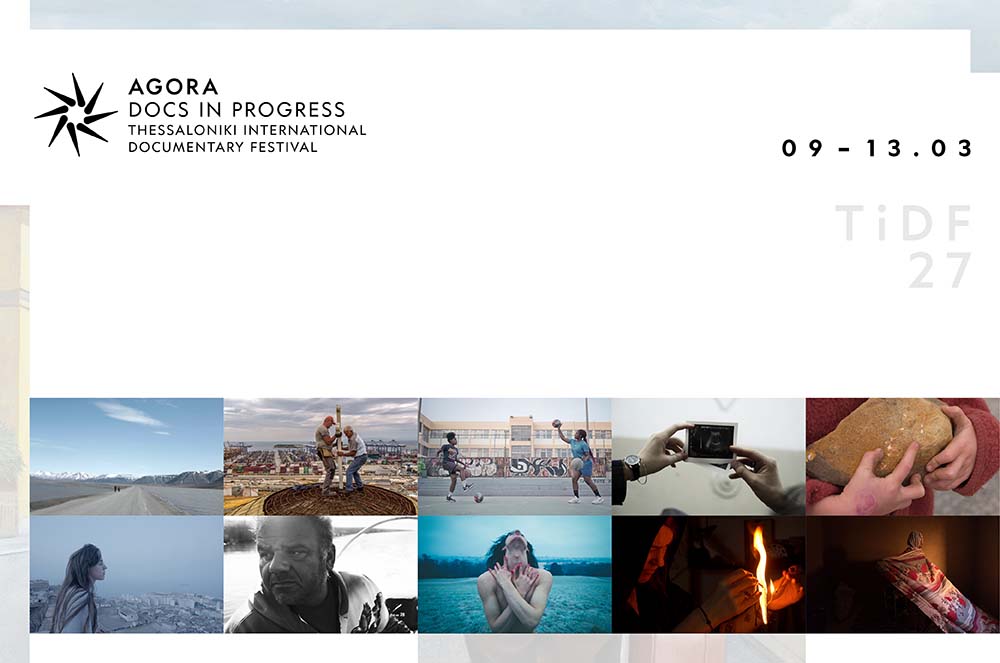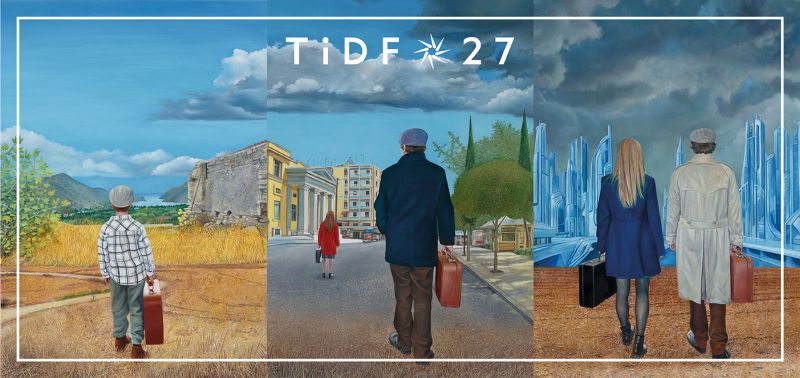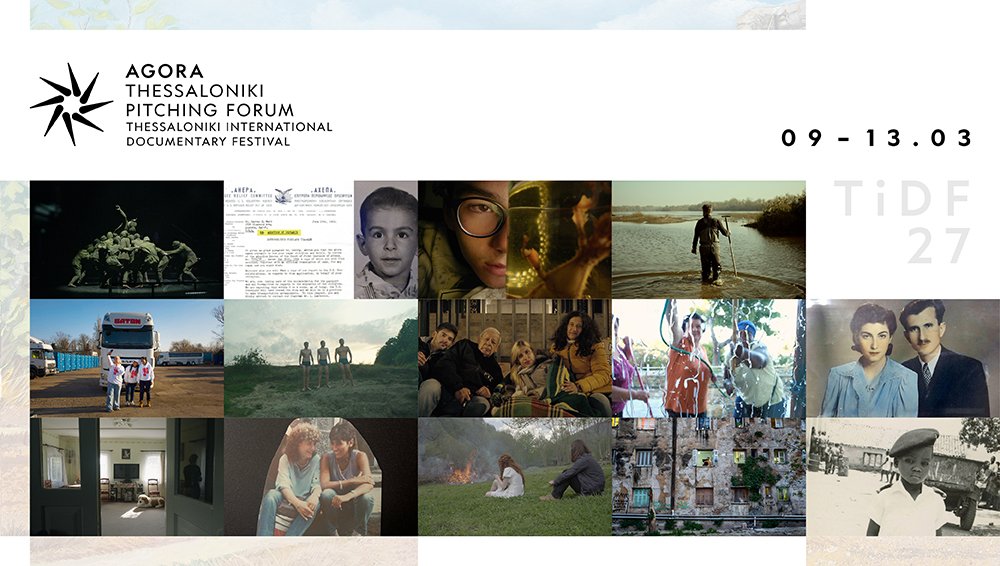Today, Saturday, November 9th, Hungarian director Béla Tarr gave his press conference in the framework of the 43rd International Thessaloniki Film Festival.
In his introductory speech, the director of the Festival, Michel Demopoulos stated: “Although none of Béla Tarr’s films have ever been shown in Greece, he is a director at work for the past 20 years under the communist regime in Hungary. In his later films he changed his aesthetic style in filmmaking. His work has been presented in numerous international festivals and tributes and as a matter of fact, his latest film was shown in the Cannes Festival and received favorable reviews. In any case, he is well known abroad but here in Greece his work has not been exhibited”.
“I want to change the language of cinema”
Some time ago, the Hungarian director had stated that when he began his career in cinema he wanted to change the world. “When I was 22 and began to make films I felt that films until then were not genuine. Bad actors, fake dialogues, too much decoration and lighting…At 22 I decided to make spirited films that would speak about real people and circumstances, in black and white with a hand-held camera. I didn’t knock on the door, I went straight in and knocked it down. This holds true even today. But what I understood is that I couldn’t change the world with films. I’ll feel content if I can change the language of cinema”.
“My films have always been centered around people and I never wanted to involve politics. I don’t belong to any parties but I feel obliged to show the world what happens around me. Considering the fact that I make money from filmmaking, I feel that this is my role”.
Satan’s tango
“Our initial estimation was for a 6-hour film. As in literature, you have could have an enormous amount of material. When Tolstoi wrote War and Peace, nobody complained about its size. After all, we are in Greece, Homer’s land…Why should we wonder about the length of a film? Besides, I’ve often seen 3-minute films that were rather boring. Satan’s Tango describes us, our world and we can’t just ignore that”.
"Films are not just stories. They involve imagery, sounds, relationships and communication. These are all beyond the film’s story. I actually hate going to the movies because films are more like comics. Information, information and more information…but what is information really? We usually suspect that the film’s story is the information but that’s really nothing new since we’ve already seen and done it all before. We are constantly placed in the same recurring story. We need to approach each other more and to investigate human relationships".
"I’m never certain of how a film will begin or evolve. I usually begin one way and end up another. That’s why I don’t know what cinema or films actually are. For the past 25 years I’ve been trying to approach cinema and that’s why I don’t like being called a cinema persona”.
Past and future
Béla Tarr claimed that he doesn’t consider himself a continuation of the older directors –museum antiques– as he called them. “I’m seen as an antique by the younger generation. I’d like to believe that they also want to change the language of cinema, as I still do, and that they won’t bother to knock on the door, but knock it down and walk straight in”.
The director claimed that he never compromises. “If I wasn’t able to do what I wanted in cinema, I would have stopped making films. I’m very proud of the fact that for the past 25 years I’ve been doing exactly what I want without any compromises”.
When asked about his new film, Béla Tarr was explicit: “The star of the film is a whale. If I was actually able to describe the whale’s expression or gaze I would have never made the film. You can’t depict an emotion or gaze, you can only see it. In cinema you can describe it but if I was able to do this I would have become a writer or poet, not a director”.















